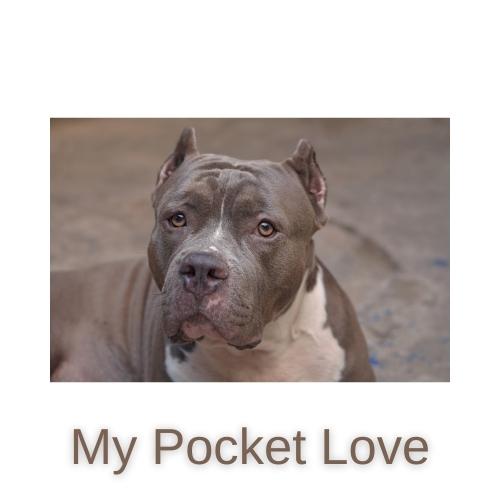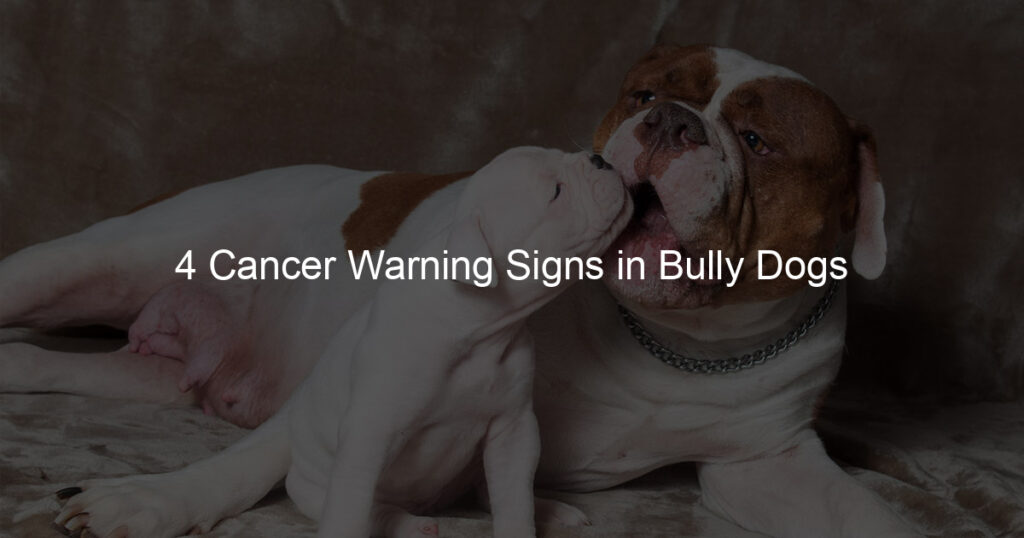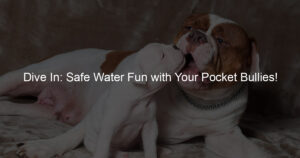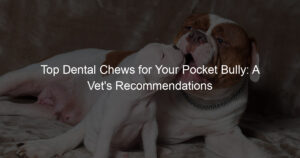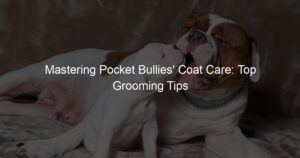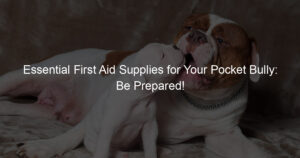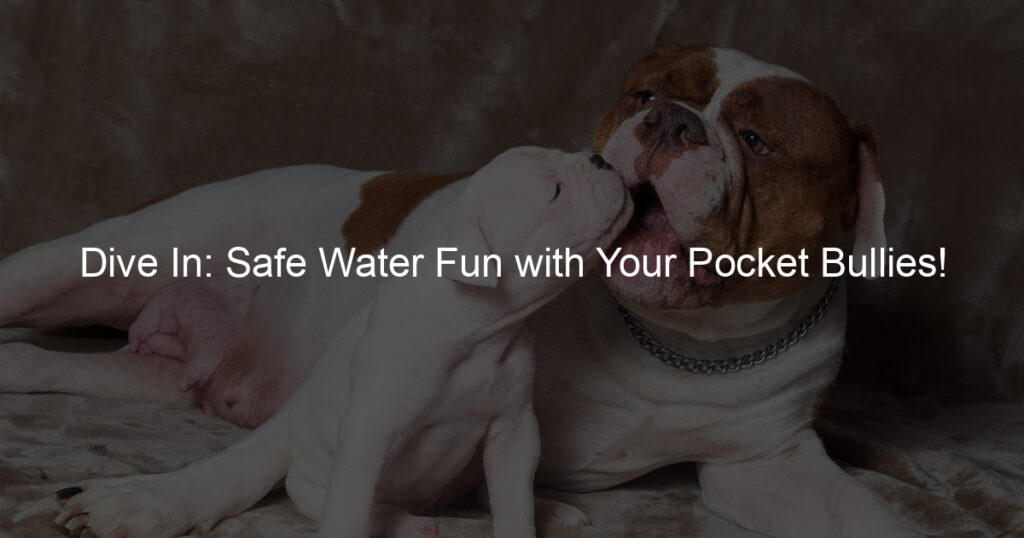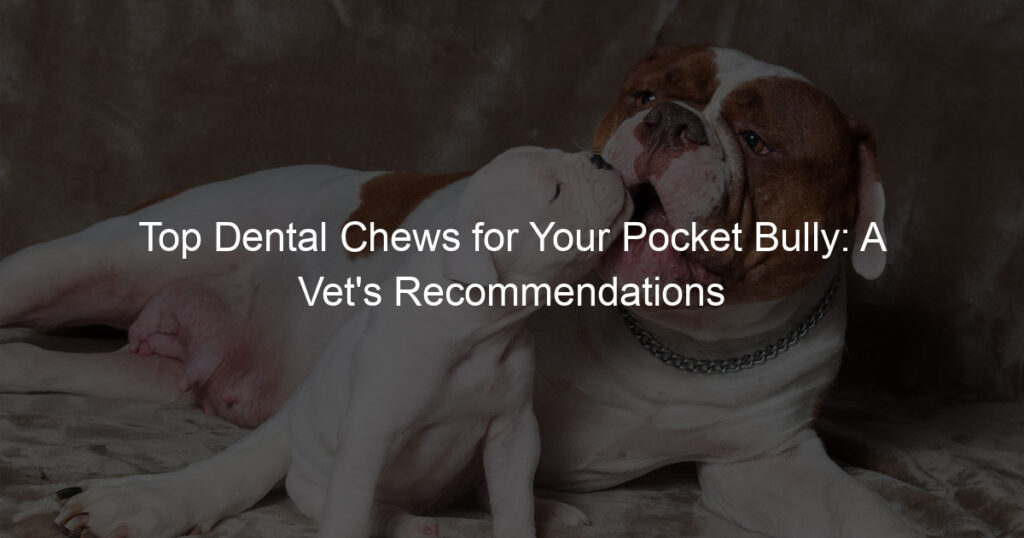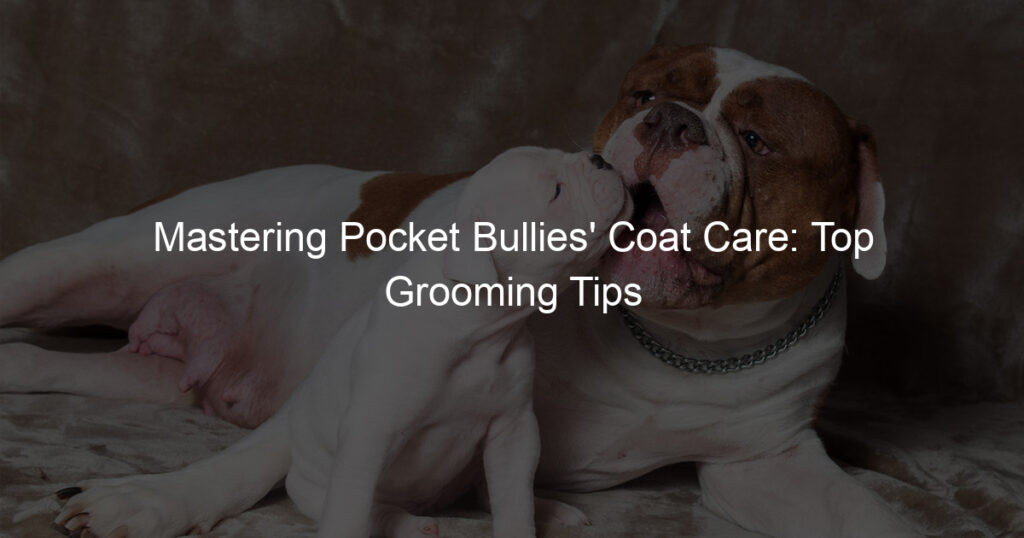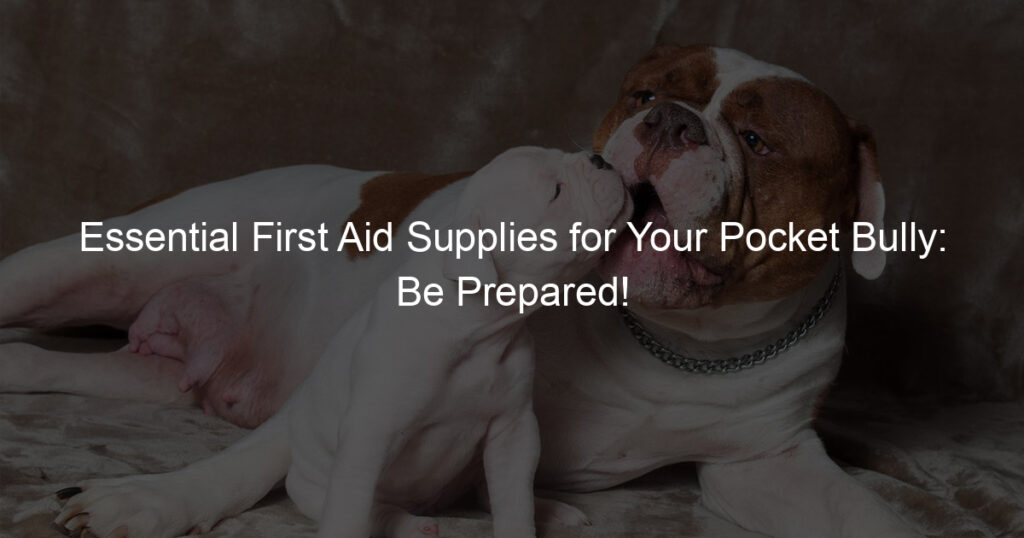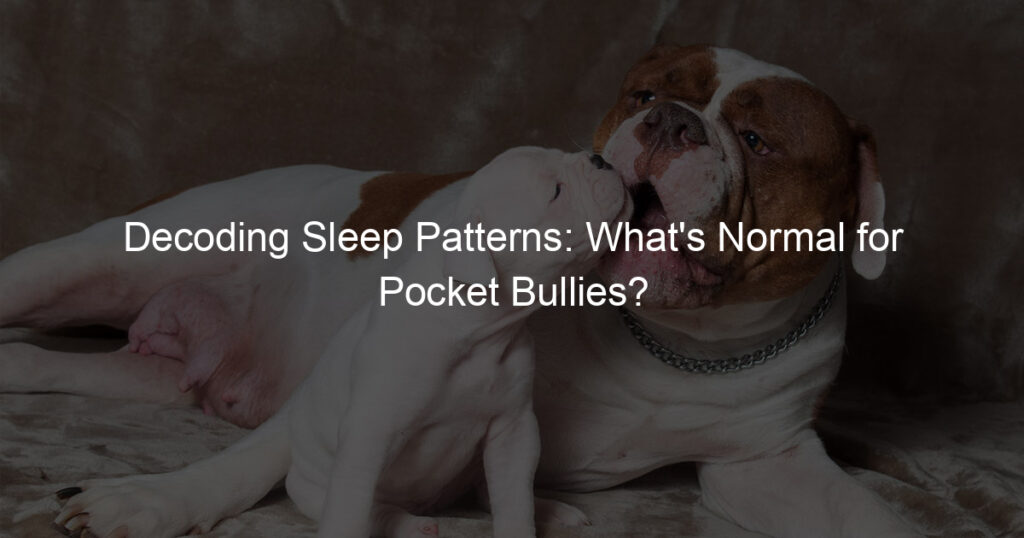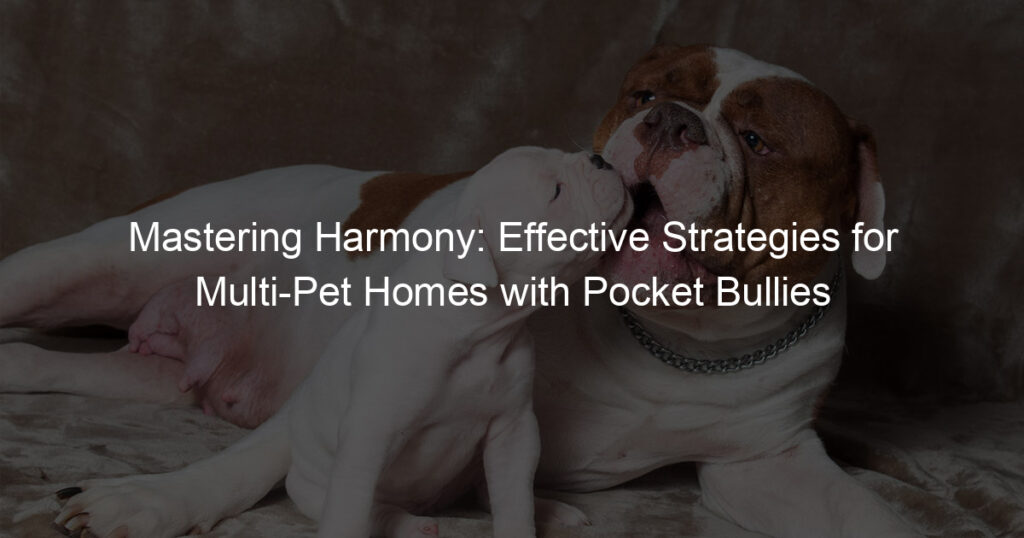Cancer is a sneaky disease. It can oftentimes go undetected until it’s too late. This is especially true in dogs, who can’t tell us when something is wrong. That’s why it’s important for dog owners, especially those with bully breeds, to be aware of the warning signs of cancer. Here are 4 things to look out for:
1. Unexplained weight loss: If your dog is losing weight without any explanation, it could be a sign of cancer. In addition to this, if he or she has lost their appetite, you should consult a vet right away.
2. Lumps and bumps: Bully breeds are prone to forming lumps and bumps, which can be a sign of cancer. If you notice any lumps or bumps that don’t seem to go away, it’s best to get them checked out by your vet right away.
3. Abnormal bleeding: If you notice any abnormal bleeding from areas such as the nose, mouth, or anus, this could be a sign of cancer.
4. Lethargy and fatigue: If your dog is exhibiting signs of lethargy or fatigue, it could be a sign of cancer. It’s important to take note of any changes in their activity level and seek veterinary attention if necessary.
Can cancer in dogs appear suddenly?
It’s no secret that dogs can get cancer, just like humans. While some cancers in dogs are easily detectable, there are also cases where they can appear suddenly. For example, certain types of cancers, such as canine lymphoma and hemangiosarcoma, can materialize suddenly with very few or no obvious signs leading up to the diagnosis.
With any sudden changes in a dog’s health and behavior, it’s important to check with a veterinarian for a full assessment. Regular exams are another way to keep an eye on your pup’s all-around well-being and potentially prevent any unusual or undue health issues from arising.
At what age do dogs get cancer?
Cancer affects dogs of any age, but some cancer types mainly occur in older dogs. Common cancers for aging canines include lymphoma, osteosarcoma, and mammary tumor (in unspayed female dogs). Fortunately, a dog is unlikely to develop cancer under the age of ten, though cases have been reported even in younger pups.
Fortunately, studies show that breast cancers can be prevented altogether if a female dog is spayed before her first heat cycle! To ensure your pup stays healthy and happy into its golden years, regular checkups with your vet are a must!
How do you test a dog for cancer?
Testing your dog for cancer can seem daunting, but fortunately, there are several methods available to help you and your veterinarian determine whether or not your pooch is battling cancer. The most common type of test used is a blood test, which can detect certain hormones and antibodies that may be linked to the presence of cancer cells.
Imaging tests such as X-rays, ultrasounds, and CT scans can also provide helpful information – by allowing the vet to observe changes inside the body that could indicate cancer. Finally, tissue samples taken directly from the tumor (via biopsy) can be examined under a microscope to confirm a diagnosis. It’s important to note, however, that none of these tests alone will definitively determine if your furry friend has cancer. To make an absolute diagnosis your vet may suggest performing several types of tests in combination with one another.
What foods cause cancer in dogs?
A lot of us love to give our furry friends sneaky snacks here and there, but if we don’t take care to choose safe foods for them, we could be putting them in danger. Certain human food items can cause cancer in dogs if eaten in large enough quantities or left unchecked for too long.
Chocolate is one of the most toxic foods and should never be fed to a pet. Almonds, macadamia nuts, onions, and garlic are also dangerous for dogs, as are grapes and raisins which can lead to kidney failure. Keeping your pup safe means doing research on any new treats before giving them out. Thankfully there are tons of lists online that tell you what foods not to feed your canine companion!
How can you prevent cancer in dogs?
As with many potentially serious illnesses, prevention is best when it comes to cancer in dogs. While there is no surefire way to completely prevent cancer, pet owners can take proactive steps to reduce the risk of its development.
A balanced and nutritious diet is important along with regular check-ups with a veterinarian. Regular physical activity is also beneficial for both mental and physical health, as well as early detection screenings like blood tests and X-rays which can identify precancerous tissue growths.
Maintaining a clean environment is also important; make sure your pup’s area is free of toxins that could be absorbed through the skin or inhaled. Finally, encouraging an overall healthy lifestyle through play and plenty of social interaction is recommended wherever possible. The most important thing you can do to prevent cancer in dogs is to stay vigilant: recognize potential signs and ask questions so any issues can be addressed early on.
Final thoughts: 4 Cancer Warning Signs in Bully Dogs
We’ve seen how bully dogs are more prone to certain types of cancer than other dog breeds. It’s no surprise that regular health checks and observations of our beloved companion animals can help us catch any potential illnesses early on. We should never forget to be vigilant when it comes to their health, as bully dogs are particularly affected by their close genetic relation!
All owners have a responsibility to take preventive measures and provide love, attention, and vet visits for their four-legged friends. The ultimate goal is always positive long-term health, so let’s work together to make sure we keep an eye out for any changes in appetite or behavior.
